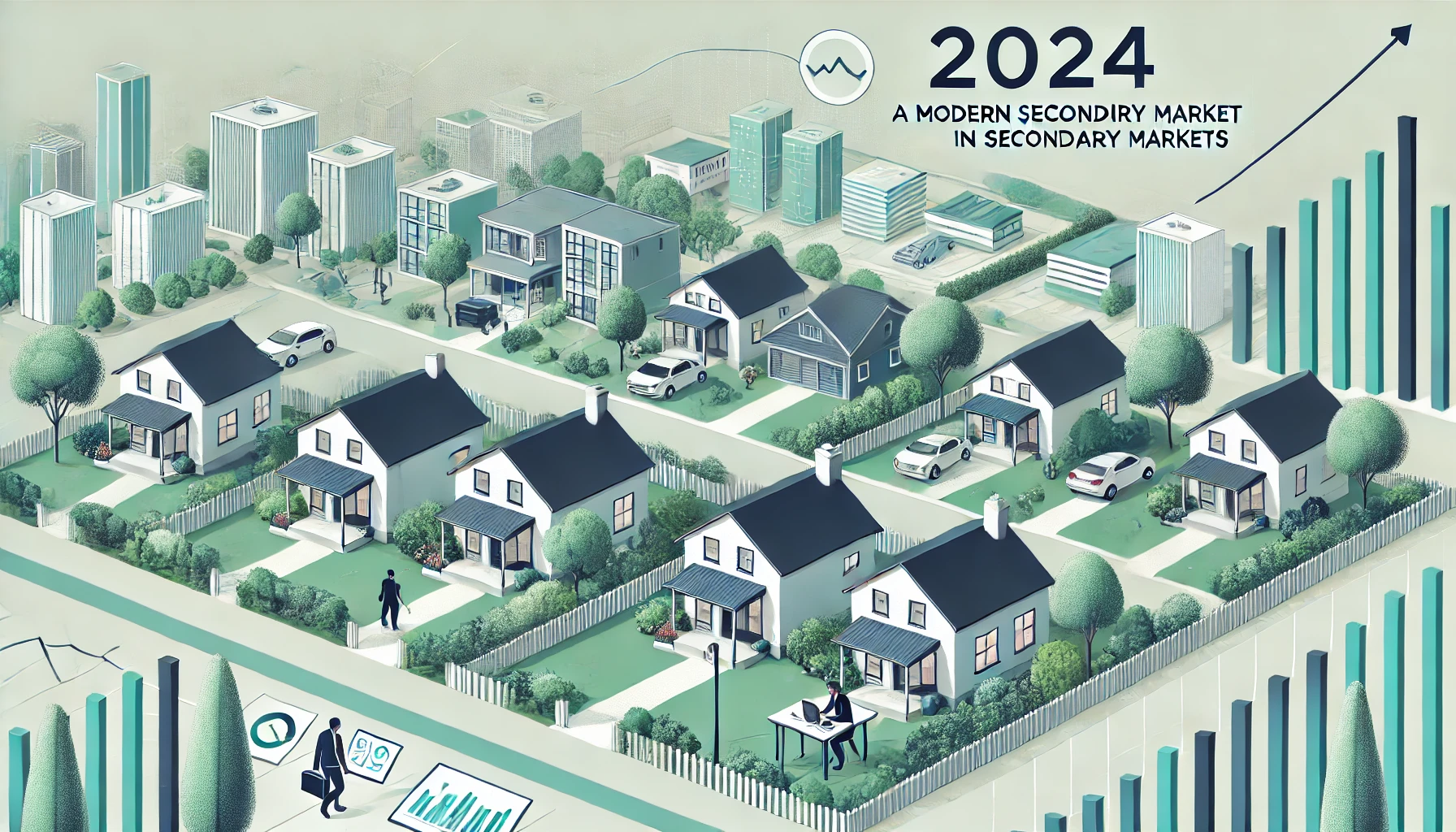The real estate market is continuously evolving, and 2024 is no different. A combination of technological advancements, changing buyer preferences, and macroeconomic factors are driving new trends that are set to redefine the industry. Here’s a look at some fresh, emerging trends for this year:
1. The Rise of Smart and Sustainable Homes
With consumers increasingly prioritizing eco-friendliness and convenience, smart and sustainable homes are becoming the new gold standard in real estate. Buyers are now more interested in properties equipped with energy-efficient technologies, such as solar panels, smart thermostats, and energy-saving lighting systems. The appeal of these homes lies not only in reducing environmental impact but also in lowering utility bills, adding long-term financial value to properties.
2. AI-Powered Real Estate Services
Artificial intelligence (AI) is transforming the way people search for and buy properties. From AI-driven property recommendations to virtual assistants helping buyers navigate the purchase process, the role of AI in real estate is only growing. AI-based predictive analytics is also making it easier for investors to make informed decisions about property purchases by forecasting market trends, property values, and rental income potential.
3. Shift Toward Secondary Markets
The affordability crisis in major cities continues to push homebuyers and renters to explore secondary and suburban markets. These areas are becoming popular due to relatively lower costs of living, more space, and the growing acceptance of remote and hybrid work models. Cities like Columbus, Ohio, and Raleigh, North Carolina, are seeing significant population growth as people seek a better balance of affordability and quality of life.
4. Rental Market Expansion and MLS Transformation
The rental market is taking on a new shape in 2024. Multiple Listing Services (MLSs), traditionally used for home sales, are increasingly including rental properties to make them more accessible to agents and tenants. This shift is significant as it helps increase transparency, standardize rental listings, and ultimately make the rental process more efficient for all parties involved.
5. Flex Spaces and Adaptive Reuse

The demand for flex spaces—properties that can serve both residential and commercial purposes—is on the rise. Additionally, adaptive reuse of existing structures is becoming more common as cities prioritize the sustainable repurposing of underused commercial buildings, especially old office spaces. This trend is helping meet the demand for housing while also revitalizing urban areas with mixed-use developments.
6. Boomerang Migration and Generational Shifts
Many who initially relocated during the pandemic to suburban or rural areas are moving back to urban centers—a phenomenon known as “boomerang migration.” This is partly driven by the return of in-office work mandates and the appeal of city amenities. Additionally, generational shifts are affecting the housing market, with Millennials and Gen Zers increasingly becoming key players. Younger buyers are focused on affordability, preferring smaller homes, or opting for co-buying with friends and family to enter the market.
7. Rising Impact of Climate Risks
Climate risks are playing a critical role in real estate decisions, with buyers and investors shying away from areas prone to natural disasters like floods, hurricanes, and wildfires. States such as Florida are seeing declining interest in certain coastal areas as home insurance rates rise and climate concerns become more pressing. Instead, more climate-resilient regions like the Midwest are attracting attention as safer and more stable investment opportunities.
8. Government Policies on Housing Affordability
The issue of housing affordability is at the forefront in 2024, and policymakers are taking steps to address it. Local governments are experimenting with various measures like land-value taxes, inclusionary zoning, and down payment subsidies for first-time homebuyers to increase the supply of affordable housing. These initiatives are expected to influence both the rental and buying markets, creating more opportunities for young and lower-income buyers.
9. Focus on Experience in Retail Real Estate
While office spaces have struggled, retail real estate is experiencing a resurgence driven by experiential shopping. Brick-and-mortar stores are transforming into experience hubs—providing not just products but also interactive experiences that cannot be replicated online. This trend is driving up demand for commercial spaces in prime retail districts as brands seek to create

